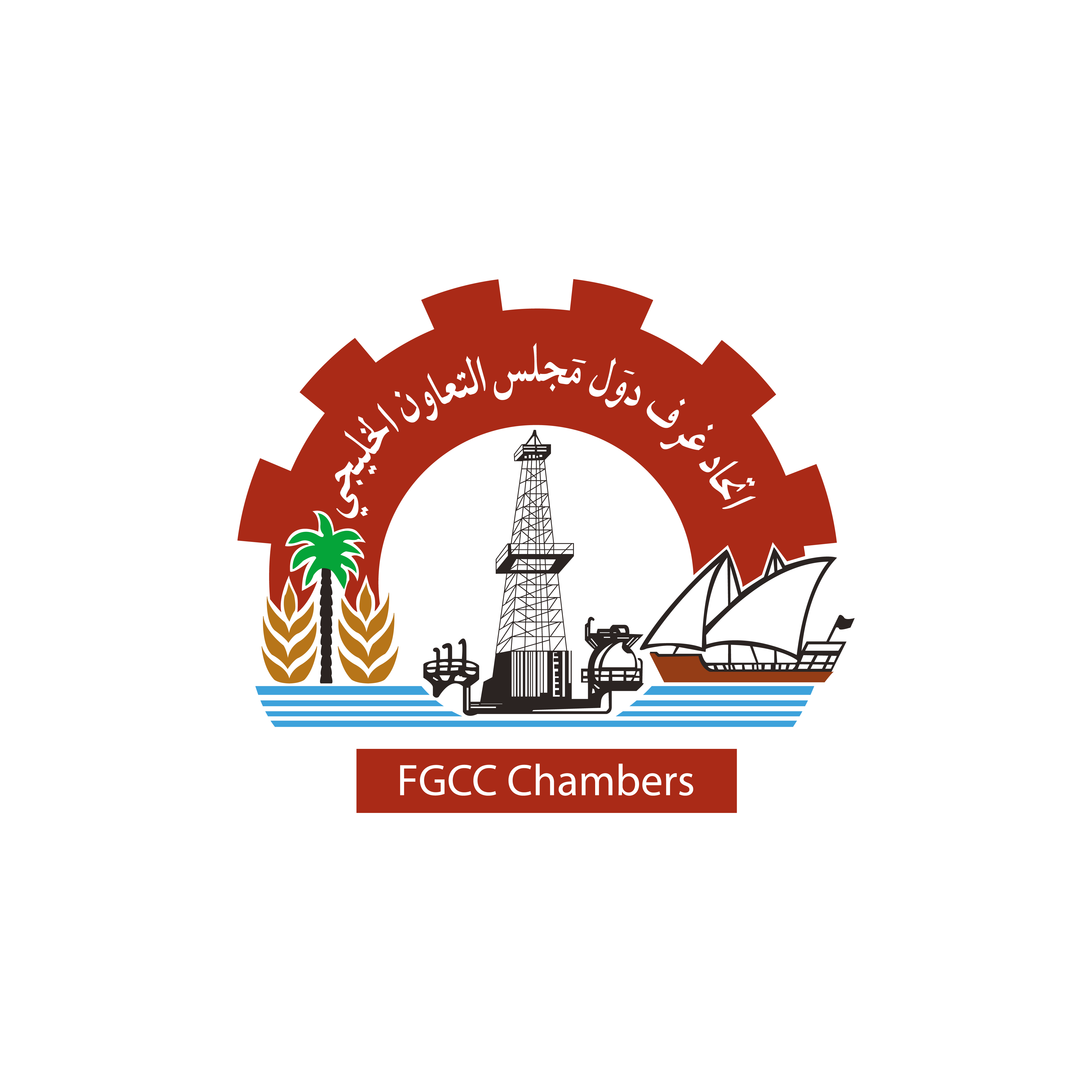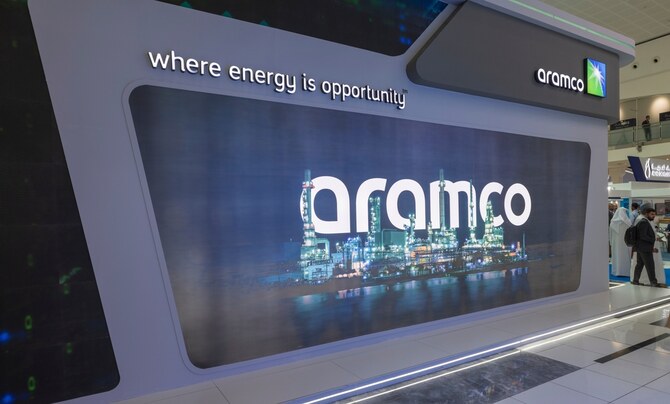Saudi Aramco’s robust financial standing has been reaffirmed by Moody’s and Fitch, with the agencies assigning strong ratings to the energy giant’s newly established $10 billion US Commercial Paper Program.
Moody’s assigned a Prime-1 short-term issuer rating to the energy giant and reaffirmed its Aa3 long-term issuer rating with a stable outlook, reflecting the company’s ability to meet financial obligations.
Meanwhile, Fitch Ratings awarded an F1+ short-term rating, highlighting Aramco’s strong intrinsic capacity for timely payments and financial resilience.
Aramco has established a $10 billion US Commercial Paper Program to issue notes with maturities of up to 270 days.
Commercial paper is an unsecured, short-term debt instrument issued by corporations, typically used to cover receivables or meet short-term financial obligations, such as funding new projects.
“Aramco has excellent liquidity. Its consolidated cash balance and operational cash flow are more than sufficient to meet the group’s debt maturities, investment commitments and dividends over the next 12 to 18 months,” said Moody’s.
As of Sept. 30, the company had $69 billion of cash and cash equivalents.
The credit rating agency also projected that Aramco is expected to generate $180 billion in funds from operations through March 2026, sufficient to cover $16 billion in debt maturities, $85 billion in capital spending, and $140 billion in dividends over the same period.
The report also noted that the energy company maintains undrawn $10 billion multi-tranche revolving credit facilities, set to expire in April 2029.
Fitch echoed similar confidence, noting that Aramco’s financial profile is bolstered by its conservative financial policies, low production costs, and strong pre-dividend free cash flow.
“Its business profile is characterized by large-scale production, vast reserves, low production costs and expansion into downstream and petrochemicals,” said Fitch Ratings.
It added: “We expect state support to be forthcoming, although historically the company’s robust financial position has not necessitated government support. Saudi Arabia has provided support to other government-related entities in the past.”
Assigning an Aa3 baseline credit assessment rating to Aramco, Moody’s stated that the positive rating reflects the company’s proven track record in executing large-scale projects, significant downstream integration, conservative financial policy, and strong financial flexibility, supported by its low production costs.
“These characteristics provide resilience through oil price cycles and also help balance carbon transition risk, which is a material credit consideration for oil and gas companies,” added Moody’s.
Both agencies emphasized the strong link between Aramco’s ratings and those of the Saudi government.
Moody’s highlighted that Aramco’s Aa3 rating reflects the Kingdom’s solid credit standing, recently upgraded to Aa3 by Moody’s in November. The agency added that any changes in the sovereign rating would directly impact Aramco’s ratings.
Moody’s gives Aa3 ratings to countries which have a very low credit risk and hold the best ability to repay short-term debt.
“An upgrade of the sovereign rating would likely lead to an upgrade of Aramco’s rating if it maintains prudent financial policies and robust credit metrics. Negative pressure on the sovereign rating will lead to negative pressure on Aramco’s rating,” said Moody’s in the latest report.
Similarly, Fitch noted that Saudi Arabia’s A+ sovereign rating, affirmed in February, underscores the Kingdom’s strong capacity for financial commitments and its ability to provide support to Aramco if needed.
Both agencies acknowledged Aramco’s capacity to adapt to market conditions, particularly its ability to adjust dividend commitments in response to oil price fluctuations. In 2024, Aramco delivered a base dividend of $81.2 billion, supported by its strong operating cash flow.




